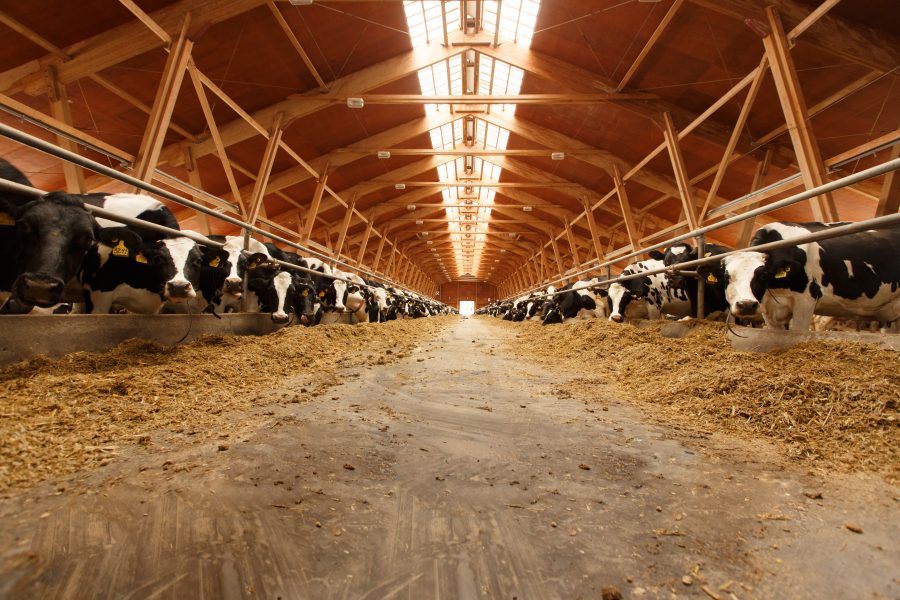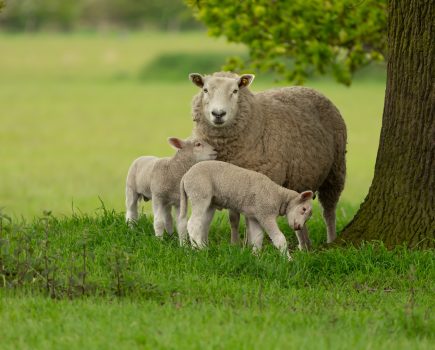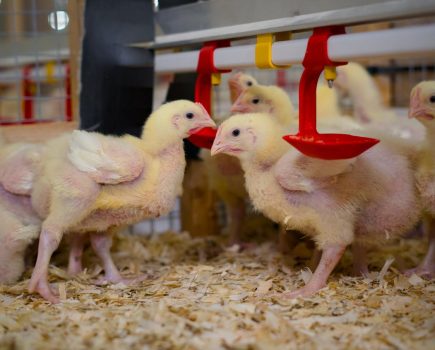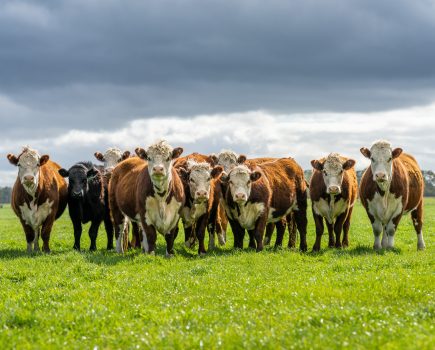As we are coming towards the end of summer, it is important to start planning and preparing for the winter to come. Whatever species you keep, here are some general principles that apply to most stock, writes Andrew Richmond of Westpoint Farm Vets.
Shelter/Housing
Welfare
All animals should have access to shelter 24 hours a day, seven days a week in case of inclement weather.
Disinfection and maintenance
While the weather is still good, wash and disinfect shelters and allow them to dry. Carry out any required maintenance, fill in any gaps low down and make sure shelters are weatherproof to prevent rain getting in and soaking the bedding and animals.
Drainage
The shelter/accommodation should be sited on a well-draining area. If you are on clay soil then site it on higher ground and consider raising the shelter on a base above ground level to prevent water ingress, such as raising a pig arc on a bed of sleepers or siting a field shelter on a raised concrete bed.
Ventilation
Accommodation should be well ventilated to prevent the build up of moisture and ammonia, but not draughty. There should be very little air movement at the level of the animal, but good movement of air above animal level. Site the shelter so the opening is not facing the direction of the prevailing wind. Hanging a muslin sack over the entrance to a pig arc will help to block draughts and keep heat in. In open-sided sheds, provide wind breaks using walls of straw bales that animals can shelter behind.
Lighting
Artificial lighting in the accommodation enables observation and examination of the stock. This is far more effective than using a torch. To support the continued egg laying by your chickens/ducks over the winter, a light on a timer switch inside the coop extending the light period to 12-14 hours will be required. Combine this with environmental enrichment of the lit coop to reduce the risk of feather pecking when shut inside.
Heating
Additional heating is not usually necessary. Provide heat for at-risk animals such as neonates, geriatrics and sick animals. Due to the risk of fires, supplementary heating should be well planned. Heaters and cables should be outside the reach of the animals and well away from flammable materials such as bedding.
Bedding
Deep littered barley straw bedding is important for stock to keep warm, such as pigs that like to bury themselves in the straw. Deep litter will provide some insulation from the floor and will also start to produce some heat itself over time as the base layer starts to compost. Consider additional insulation of concrete flooring with rubber matting.
Water
Ensure water pipes are adequately insulated to prevent freezing. Site the trough/drinker in a sheltered area and ensure it is well maintained. Frequent checking will be required in freezing temperatures as will removing ice when found. Consider providing a heated water trough. If you keep pigs, ensure the trough or drinker is fixed firmly in place so they cannot tip it over. Find a way to prevent your duck pond from freezing over or arrange a temporary bathing substitute for them.
Nutrition
Animals will need extra feeding during a cold winter. Plan accordingly. Check how much conserved forage you have for feeding and, if necessary, buy some more. Monitor the body condition of livestock regularly and alter feeding levels accordingly to keep them in good condition. Check any thin animals for tooth loss, parasites (faecal egg count) and possible diseases, and give them supplementary feeding.
Animal health
Late autumn/winter is a great time for various animal health maintenance programmes.
Pregnancy diagnosis – have mated animals tested for pregnancy. Pregnant animals will require extra feeding compared to their barren counterparts. You may decide to cull these barren animals rather than feed and house them over winter as a commercial decision (provided they are not pets, of course).
Routine foot trimming – It is a good idea to make sure hooves are in good shape before the muddy season starts. Check the feet of all animals and trim as necessary.
It is the ideal time to treat your stock for parasites, both internal (worms/liver fluke) and external (lice/mange). Get some advice from your vet on what they would recommend in terms of testing and treatments.







